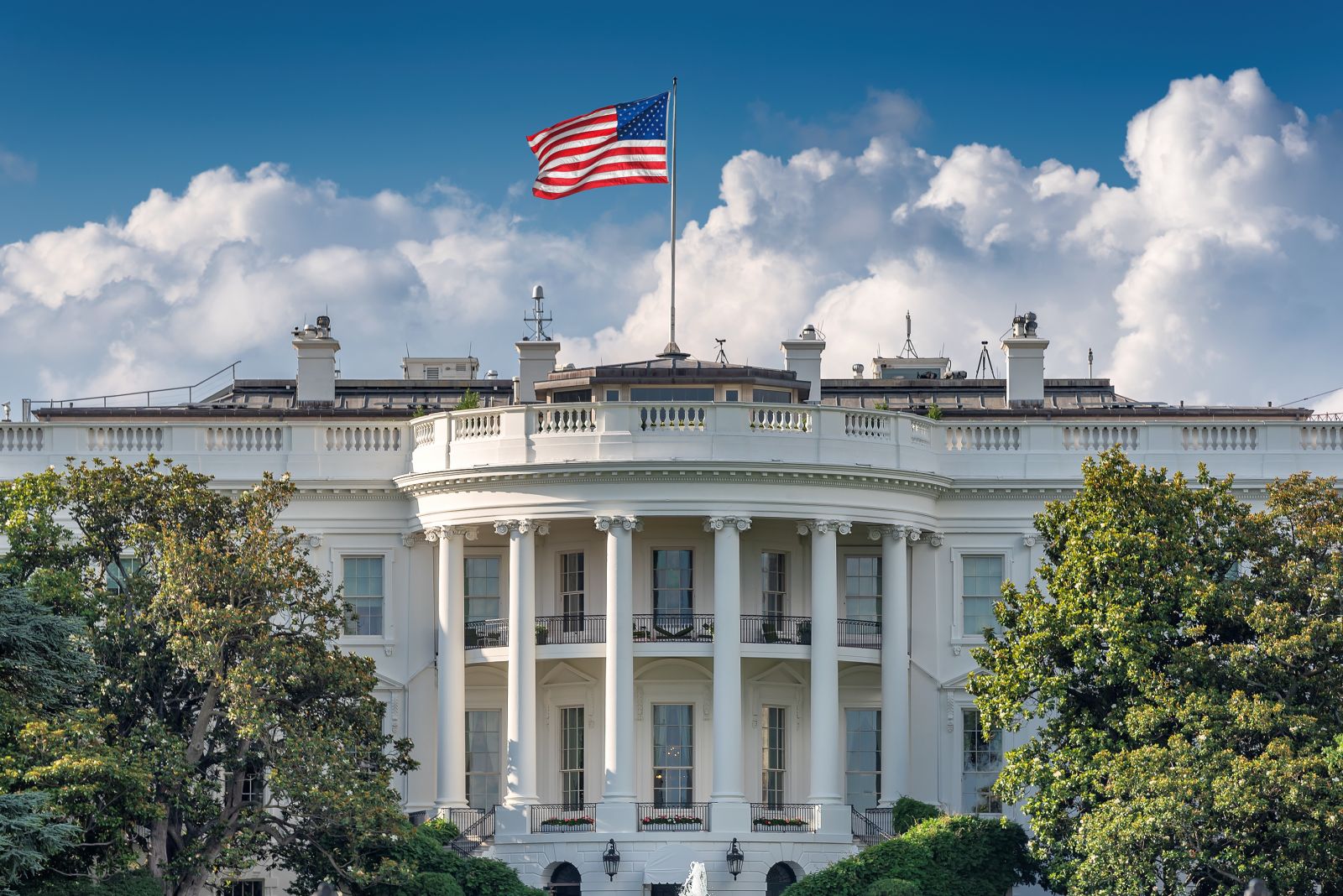
Donald Trump, the presumptive presidential nominee for the Republican Party, vowed to “save” the U.S. steel industry when he was running in the 2016 elections.
After becoming president, Trump imposed a 25% tariff on steel imports after invoking Section 232 of the Trade Expansion Act of 1962. The tariffs were imposed after a Commerce Department report found that steel imports were a threat to “U.S. national security.”
Those tariffs have since been greatly watered down. The process began under Trump’s watch, and the tariffs on steel imports from Canada and Mexico were lifted in May 2019. In 2021, his successor Joe Biden suspended tariffs on steel imports from the E.U. for two years, and extended the suspension by another two years in 2023. Similarly, tariffs were replaced with quotas for other countries, like the U.K., Brazil, and Japan.
U.S. Steel Production Has Stagnated
Data released by the U.S. Geological Survey (USGS) seems to show that those tariffs haven’t had the desired effect. For instance, in 2017, which was the last full year before the Section 232 tariffs came into effect, U.S. steel production was 81.6 million metric tons. Production rose sharply to 86.6 million metric tons in 2018, and further to 87.8 million metric tons in 2019.
Let’s exclude 2020 from the analysis, as the COVID-19 lockdowns took a toll on production - but domestic steel output fell to 85.8 million metric tons in 2021. Production fell further to 80.5 million metric tons in 2022, and the USGS estimates it fell to 80 million metric tons last year. Steel prices have also fallen over the last couple of years.

Meanwhile, U.S. apparent steel consumption was 99.4 million metric tons in 2017, but fell to 93 million metric tons in 2023. While the United Auto Workers (UAW) strike of 2023 seemed to have played a part in lower steel consumption, as the automotive industry is the second largest steel consumer after the construction sector, the 2022 apparent steel consumption of 96.9 million metric tons was also lower than what it was in 2017.
Employment in U.S. Steel Industry Has Fallen from the Peak
In 2017, the U.S. imported 34.6 million metric tons of steel, which plunged to 30.6 million metric tons in 2018 and 25.3 million metric tons in 2019 as tariffs took effect and domestic steel production increased.
Steel imports have increased again post-2020, and reached 28.5 million metric tons and 28 million metric tons, respectively, in 2021 and 2022. The USGS estimates that imports fell to 25 million metric tons last year.
While steel imports are arguably lower than what they were prior to the tariffs, total employment in the iron and steel mills was estimated at 80,600 in 2023 - which is similar to 2017, but way below the 2019 high of 85,700.
The total employment in the steel product manufacturing sector is estimated to have fallen to 54,900 in 2023, down from the 2019 high of 57,800, even though the number is slightly higher than in 2017.
How Have Trump’s Tariffs Impacted Steel Industry?
To be sure, in the immediate aftermath of Trump’s tariffs, there were a flurry of investments in the domestic steel industry. Players like Nucor (NUE) and Steel Dynamics (STLD) announced new plants, and U.S. Steel Corporation (X) restarted some of its idled plants, including its blast furnace in Illinois – a plant that Trump visited for a hero’s welcome in 2018. However, last year, X idled that plant indefinitely, as the company has pivoted to new-age mini-mills and has shunned its older blast furnaces.
There has also been a significant consolidation in the steel industry. For instance, Cleveland-Cliffs (CLF) acquired AK Steel to become an integrated steel company, while U.S. Steel scooped up Big River Steel.
U.S. Steel’s Acquisition Under Scrutiny
The steel industry was set to consolidate further, and Japanese steelmaker Nippon Steel announced the acquisition of X. However, the deal is struck with regulatory hurdles, and the Department of Justice is doing an “extended review” for potential antitrust.
There is also the political side, as both Joe Biden and Donald Trump have spoken against the acquisition of an “iconic” U.S. steel producer by a foreign entity – even one that's based in a friendly country.

Can Trump Make U.S. Steel Great Again?
Trump’s slogan of “Make America Great Again,” or MAGA, resonated with a lot of voters. Unfortunately, reviving the country's steel industry in general – and U.S. Steel Corp., in particular – to its former glory days is simply not possible, as America is no longer the manufacturing powerhouse it once used to be.
U.S. Steel Corporation was the biggest IPO of its time, and the first U.S. company to command a market cap of $1 billion. As it stands now, X, which was once the biggest global steel producer, was ranked 24th last year. Even in the U.S., its production is dwarfed by Nucor, which produced 33% more steel than X in 2023, and was the only American steel producer to feature among the top 15 global producers.
While U.S. Steel Corporation employees have opposed the acquisition by Nippon, fearing job losses, even X has shed its workforce and idled many old plants. While lawmakers on both sides of the political divide are mostly against the deal, having U.S. Steel Corp. housed under the world’s fourth biggest steelmaker - which is willing to pay a significant premium to X shareholders - might not be a bad idea. The E.U. has already approved the buyout, but I don't expect any decision (at least, not a positive one) in the U.S. before the November elections, as no politician will want to antagonize the powerful steelworkers union.
On the date of publication, Mohit Oberoi did not have (either directly or indirectly) positions in any of the securities mentioned in this article. All information and data in this article is solely for informational purposes. For more information please view the Barchart Disclosure Policy here.






